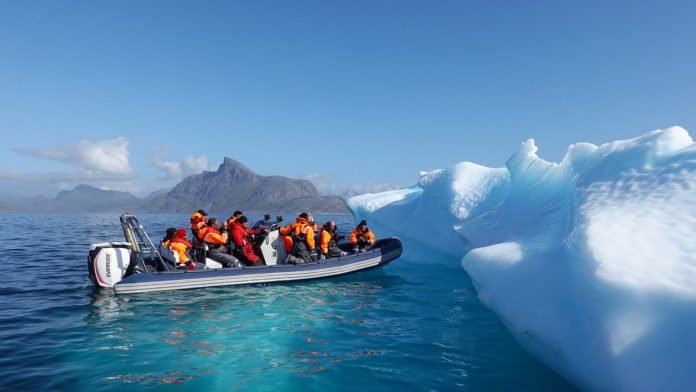VIENNA, 8 NOVEMBER – The new IAEA publication ‘Adapting the Energy Sector to Climate Change’ explores the diverse range of impacts on the energy sector resulting from gradual climate change and extreme weather events, and the potential ways to counter them. Adequate responses to these challenges are crucial for a secure and reliable energy supply, including nuclear energy, believes Un organisation. ”Increased global and regional temperatures patterns, changes in precipitation amounts and seasonal distribution, a sea level rise, and changing characteristics of various extreme events such as increasing frequency, intensity, duration or even spatial extent of heat waves, droughts and storms, are forecast by most global and regional climate models”, said Loreta Stankeviciute, an IAEA energy systems analyst.
These changes are expected to have a considerable impact on the energy supply chain – and are discussed in this publication. The energy resource base, extraction and transport of depletable energy sources, power generation, transmission and distribution could all be impacted. The topics addressed include examples of direct and indirect impacts of climate trends, extreme events such icy rain that can directly damage solar panels, wind turbines, and transmission lines. In contrast, low precipitation and the resulting low water level in a river may disrupt the operations of a coal power plant, because coal could not be delivered to the plant.
Case studies
This publication includes three case studies which assess the energy sector’s vulnerability in Argentina, Pakistan and Slovenia. The studies were part of a three-year IAEA Coordinated Research Project on Technoeconomic Evaluation of Options for Adapting Nuclear and Other Energy Infrastructure to Long Term Climate Change and Extreme Weather. The case studies highlight the various possible framing and analytical techniques to tackle the challenges posed by these events in the energy sector and could be helpful for countries interested in evaluating them.
Since 2010, there has been growing interest in impact studies that explore options and their associated costs to reduce the vulnerability of the energy sector to climate change, and the longer-term impacts and adaptation options, Stankeviciute explained, adding that the global energy sector faces a double challenge in the next 20–30 years. ”Not only does the sector need to be fundamentally transformed into a low carbon energy supply system in response to climate change mitigation goals of Paris Agreement, it also needs to adapt to climate change and its effects to ensure a secure supply to meet the growing needs for energy”.

